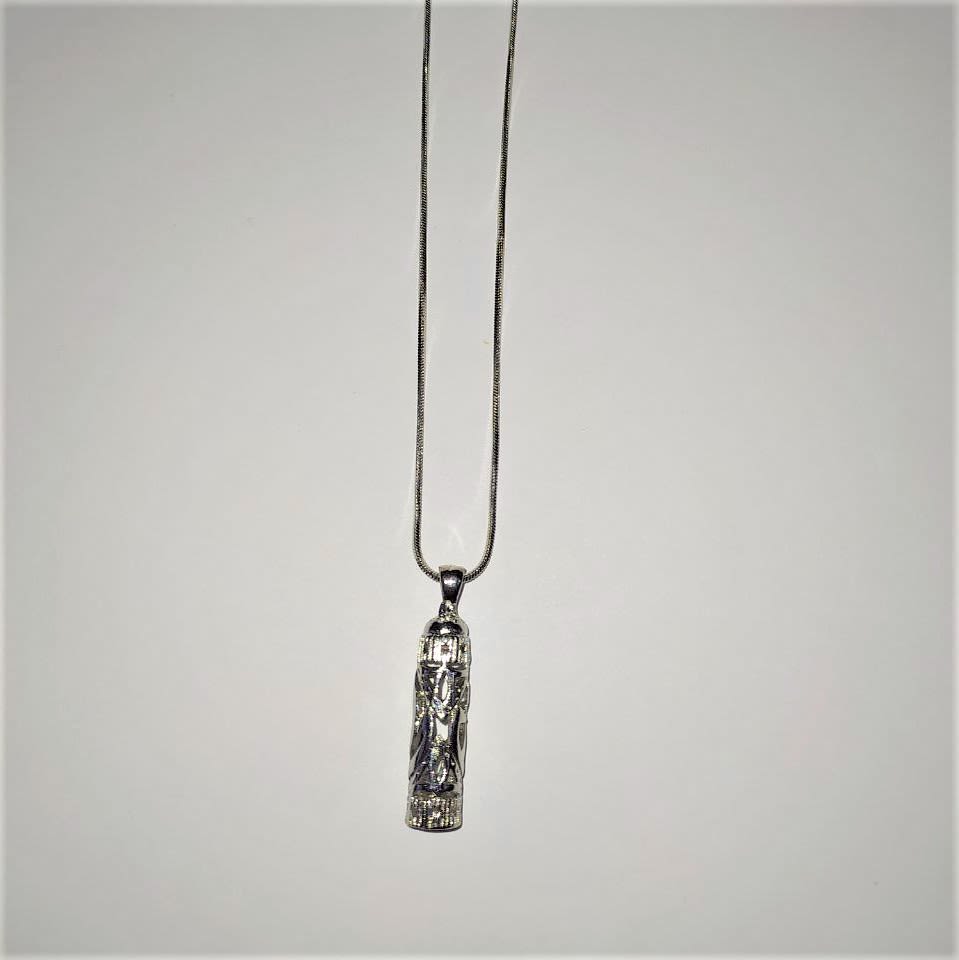
Rebbe Nachman on Faith, Part 1
This is a delightful treasury of the memorable expressions, comments, and metaphors that Rebbe Nachman of Breslev used to...

Faith
The world regards faith as something minor, but I consider faith as being of the greatest importance.
The way to faith is through simplicity, without sophistry or philosophy. (Sichot Haran #33).
Believe in Something
It is better to be a fool who believes in everything than to be so clever that you do not believe in anything.
If you believe in everything, some of your beliefs may be foolish but you will also believe in the truth. However, when a person is too clever and does not want to believe in anything, he may begin by ridiculing falsehood and folly but can easily end up so skeptical of everything that he even denies the truth. (Sichot Haran #103).
There Must be Questions
There are many searching questions about God. But it is only fitting and proper that this should be so. Indeed, such questions enhance the greatness of God and show His exaltedness. God is so great and exalted that He is beyond our ability to understand Him. It is obviously impossible for us, without limited human intelligence, to understand His ways. Inevitably there are things that baffle us, and this is only fitting. If God’s ways were in accordance with the limits of our meager understanding, there would be no difference between His understanding and ours, and this is inconceivable. (Likutey Moharan II, 52).
Believing is Seeing
If you ask a believer to explain why he has faith, he will certainly not be able to give you a reason, because faith is applicable only where one does not understand the reason. Yet, because of his complete faith, whatever the believer himself believes in is perfectly clear and self-evident as if he sees it with his own eyes. (Likutey Moharan, I, 62).
Rely on God
It is very good to rely on God completely. As each day begins, entrust your every movement and those of all who depend on you into God’s hands, asking that everything should go according to His will.
You will then not need to worry about whether or not things are going as they should, because you are relying on God. If He wants things to go differently from the way you may wish, you will be willing to accept everything the way He wants it. (Sichot Haran #2).
If You Have Faith, You Are Truly Alive
When you have faith, every day is filled with good. When things go well, it is certainly good. But even if things go wrong and you suffer, this is also good. For you trust that God will have mercy and will eventually send good. Everything must be good, because everything comes from God.
A person who lacks faith is not truly alive, because as soon as something bad happens he gives up all hope. He has no way to comfort himself because, having no faith, he has placed himself outside God’s providence and therefore, for him, there is no good at all.
If you have faith, you will have a good and beautiful life. (Sichot Haran #53).
Faith in Yourself
You must have faith in yourself!
You must have enough faith in God’s goodness to believe that you are important to Him. Have faith that you too are precious in God’s eyes. So great is God’s goodness that each and every person is great and important in His eyes.
Being humble does not mean you must put yourself in a state of constricted consciousness. Constantly ask God to bring you to true humility and to have faith in yourself. Some Tzaddikim suffer opposition only because they do not have faith in themselves! (Sichot Haran #140).
Speak Out Your Faith
Faith depends on a person’s mouth. We must say that we believe – say it out loud! “I will make Your faithfulness known with my mouth” (Psalms 89: 2 ) .
When a person is experiencing a crisis of faith, or even passing doubts, it is very beneficial to say aloud: “I believe!” Simply giving expression to your faith in words is itself an act of faith, and this can bring you to true faith.
Likewise you should also be very careful never to say anything which implies even the slightest lack of faith, let alone total disbelief . Even if you are a believer in your heart, never express disbelief even as a joke – not even if you are merely quoting someone else to ridicule their opinion. To do this is very wrong and can be very damaging to your faith. Even as a joke it is forbidden say anything which implies disrespect of God. (Likutey Moharan II, 44).
The Cry of the Heart
The word KaShYA – a “difficulty” or “question” – consists of the initial letters of the verse “ Sh‘ma Y -K-V-K Koli Ekra: Hear, God, my voice – I cry….” (Psalms 27:7) .
When you cry out in your heart, this itself is an aspect of faith. You may have many doubts and questions, but when you cry out in your heart it shows that you still have a spark of true faith.
Without this spark you would not cry out at all. Your very cry is therefore an aspect of faith. Understand this.
This cry can also bring you to faith. The cry itself is an aspect of faith , but it is still very weak. Yet this very cry can elevate and strengthen your faith until all your questions disappear.
Even if you have not yet attained this, the cry itself is very beneficial. (Sichot Haran #146).
To be continued.












Tell us what you think!
Thank you for your comment!
It will be published after approval by the Editor.